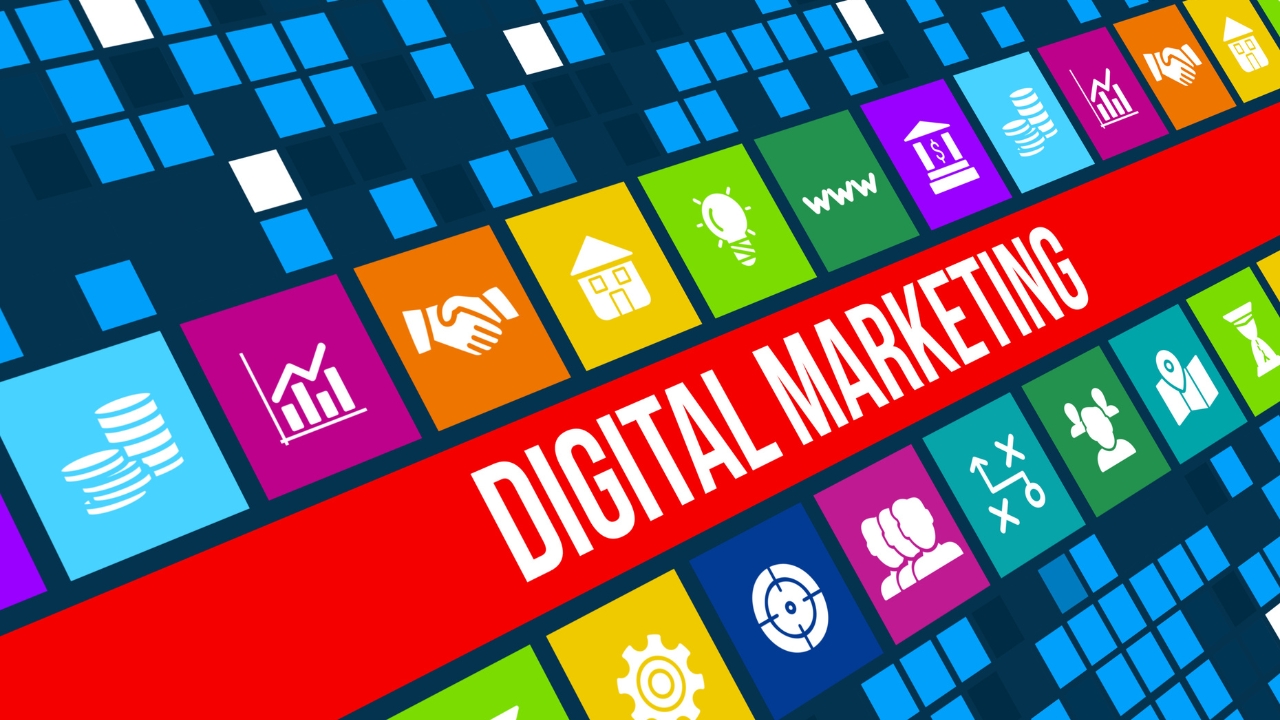The Evolution of Digital Marketing Strategies for Success

In the rapidly evolving landscape of digital marketing, businesses face the challenge of adapting to new technologies and consumer behaviors. From its early days, where email marketing and basic websites dominated, to the current age of social media influencers and data-driven campaigns, digital marketing has transformed dramatically. This article explores the evolution of digital marketing, highlighting key strategies that businesses can employ to thrive in today’s digital ecosystem.
The Rise of Digital Marketing
The digital marketing journey began in the 1990s, with the advent of the internet. As more consumers went online, businesses recognized the potential to reach larger audiences. Early digital marketing tactics included simple banner ads and basic email campaigns. However, the introduction of search engines like Google revolutionized how businesses approached marketing.
Search engine optimization (SEO) emerged as a critical strategy, allowing businesses to enhance their online visibility. By optimizing their websites for relevant keywords, companies could attract organic traffic, making SEO a cornerstone of digital marketing.
The Power of Social Media
The early 2000s saw the rise of social media platforms such as Facebook, Twitter, and LinkedIn. These platforms opened new avenues for businesses to engage with their audiences directly. Social media marketing became essential for brands looking to build community and foster customer relationships.
Engagement on social media is not just about posting content; it requires understanding the audience’s preferences and behaviors. Brands that leverage social listening tools can gain insights into customer sentiments and adjust their strategies accordingly. This proactive approach enables businesses to create relevant content that resonates with their target audience.
Content Marketing: Quality Over Quantity
As the digital landscape became increasingly crowded, content marketing emerged as a powerful tool for differentiation. Brands began to realize that providing valuable and informative content could position them as industry leaders. Blogs, videos, infographics, and podcasts became essential components of digital marketing strategies.
The key to successful content marketing lies in storytelling. Brands that craft compelling narratives can connect emotionally with their audiences, fostering loyalty and trust. Furthermore, a well-executed content strategy can enhance SEO efforts, driving organic traffic to websites and improving overall visibility.
Data-Driven Decision Making
One of the most significant advancements in digital marketing is the ability to leverage data for decision-making. Analytics tools provide marketers with valuable insights into consumer behavior, allowing them to track campaign performance and make informed adjustments.
Businesses can segment their audiences based on various criteria, such as demographics, interests, and online behavior. This segmentation enables targeted marketing efforts, ensuring that the right message reaches the right people at the right time. Additionally, A/B testing allows marketers to experiment with different strategies, optimizing campaigns for maximum impact.
Personalization: The New Standard
In today’s digital age, personalization has become a vital component of effective marketing. Consumers expect tailored experiences, and brands that fail to deliver risk losing customer loyalty. Utilizing data to create personalized content, recommendations, and offers can significantly enhance user engagement.
Email marketing exemplifies the power of personalization. By segmenting email lists and tailoring messages based on user behavior, businesses can achieve higher open and click-through rates. Personalized emails make recipients feel valued and understood, leading to improved customer retention and conversion rates.
The Role of Influencer Marketing
As consumers increasingly turn to social media for product recommendations, influencer marketing has gained traction as a powerful strategy. Brands partner with influencers who align with their values and target audience to promote products authentically.
Influencer marketing leverages the trust and credibility that influencers have built with their followers. This approach not only increases brand visibility but also fosters genuine connections with potential customers. However, businesses must choose influencers carefully, ensuring that their values and messaging align with the brand to maintain authenticity.
The Future of Digital Marketing
Looking ahead, the future of digital marketing promises even more innovation. Emerging technologies such as artificial intelligence (AI) and virtual reality (VR) are poised to reshape the marketing landscape. AI can enhance customer experiences through chatbots, predictive analytics, and personalized content recommendations, while VR offers immersive brand experiences.
Moreover, the rise of voice search and smart speakers is changing how consumers interact with brands. Marketers will need to adapt their strategies to optimize for voice search and create content that answers users’ questions effectively.
Conclusion
Digital marketing has come a long way since its inception, evolving into a complex and multifaceted discipline. Businesses that embrace this evolution and adapt their strategies to the changing landscape will find success in reaching and engaging their audiences. By leveraging data, prioritizing personalization, and staying ahead of technological advancements, brands can create impactful marketing campaigns that resonate with consumers. In an increasingly digital world, those who innovate and connect meaningfully with their audiences will thrive.


